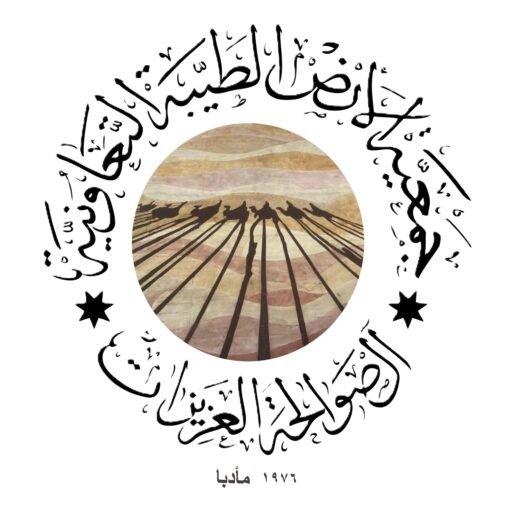The Power of Cooperation: Building a Better Future, Together
At the Good Earth Cooperative Association, we believe that cooperation is not just a concept, it’s the cornerstone of a thriving future. It’s the bridge that connects individuals, families (uzaizat) communities, and nations towards a more sustainable and equitable world. Here, we’ll explore the power of cooperation, its impact on societies, and how our association is nurturing this spirit within our members to benefit Madaba, Jordan, and the world at large.
The Fabric of Cooperation:
Cooperation, by definition, is the act of working or acting together for a common purpose or benefit. It’s a fundamental human instinct, evident in our earliest societies. From shared hunting grounds to collaborative farming practices, humans have always recognized the strength that comes from unity. Sociologists have extensively studied this concept, and figures like Pitirim Sorokin, who explored the power of altruistic cooperation in social change, and Robert Putnam, who examined the decline of social capital in America, highlight the crucial role cooperation plays in a healthy community.
Cooperative Associations: Engines of Progress:
Throughout history, cooperative associations have emerged as powerful forces for positive change. In 19th century Europe, consumer cooperatives empowered working-class families by providing access to affordable goods. In Mondragon, Spain, a network of worker cooperatives has transformed the region into a thriving industrial hub, showcasing the economic potential of collaboration.
Global Examples, Local Impact:
The ripple effects of cooperation extend far beyond individual communities. The International Cooperative Alliance, a global network of cooperatives, promotes sustainable practices and fair trade, contributing to a more equitable global economy. In India, the Amul Dairy Cooperative empowers millions of milk producers, a testament to how cooperation can strengthen rural economies.
Cooperation for a Sustainable Future:
In a world facing environmental challenges, cooperation is no longer an option, it’s a necessity. By sharing resources, knowledge, and technology, cooperatives can pioneer sustainable solutions. Agricultural cooperatives can promote organic farming practices, while worker cooperatives can invest in renewable energy sources. This paves the way for a future where economic growth and environmental responsibility go hand in hand.
The Good Earth Cooperative Association: Building a Cooperative Future in Madaba
At the Good Earth Cooperative Association, we’re committed to fostering a spirit of cooperation within our members. We provide educational programs on sustainable agriculture, empower local farmers through shared resources, and connect them directly with consumers. This strengthens Madaba’s agricultural sector, promotes healthy eating habits in our community, and reduces our environmental footprint.
Empowering Our Children, Shaping Our Future:
By instilling the values of cooperation in our members, we’re not just building a stronger Madaba, we’re shaping a brighter future for generations to come. Children raised in cooperative environments learn the power of teamwork, empathy, and shared responsibility. These are the very skills needed to tackle the complex challenges of the 21st century.
Conclusion:
Cooperation is not a utopian ideal, it’s a practical solution. By working together, we can build a future where communities thrive, economies flourish, and the environment is protected for generations to come. Join us at the Good Earth Cooperative Association as we translate the power of cooperation into positive change for Madaba, Jordan, and the world. Let’s build a future where the “we” matters more than the “me.”
